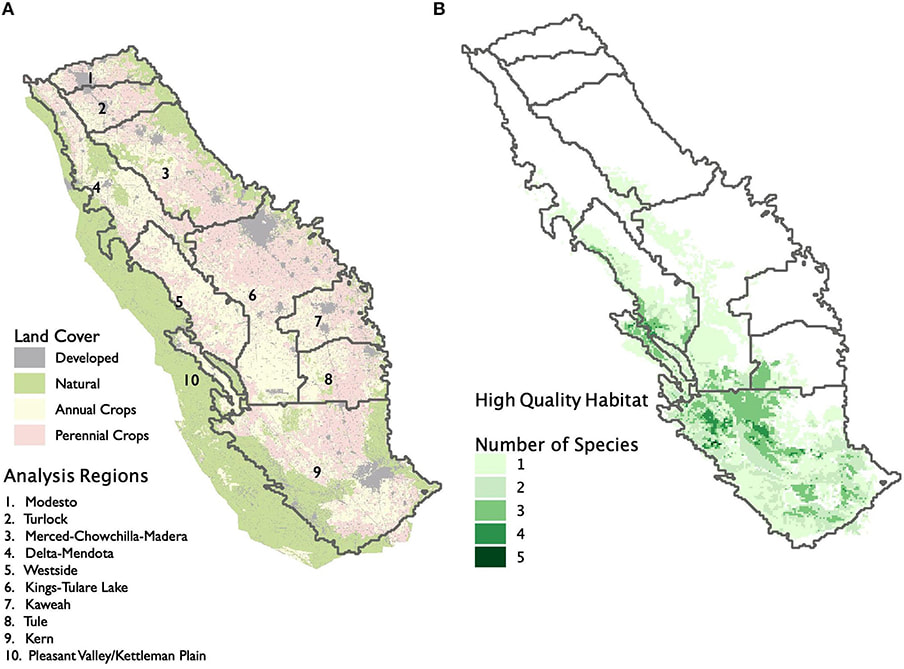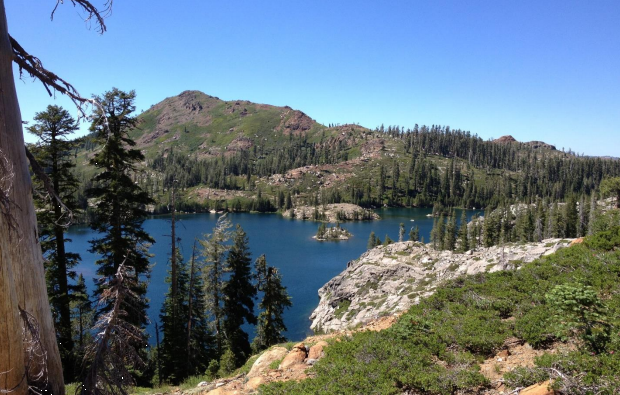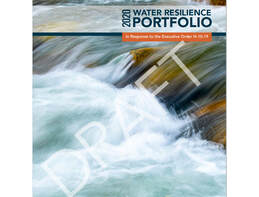The Nature Conservancy led with Stanford’s Natural Capital Project and Water in the West to demonstrate the potential for strategically restoring agricultural land in the San Joaquin Valley. The study highlights how it could be possible to strike a new balance by creating natural areas while reducing water demand and helping to recover a unique community of critically endangered species. The article is available here. For additional reading, you can find a Q&A with lead author, Ben Bryant, and TNC’s Rodd Kelsey here on Stanford's Water in the West website.
You can find a summary brief on the study with recommendations here. It also showed up on Maven's notebook today.
From Abigail Hart, Project Director for the California Water Program
You can find a summary brief on the study with recommendations here. It also showed up on Maven's notebook today.
From Abigail Hart, Project Director for the California Water Program




 RSS Feed
RSS Feed
